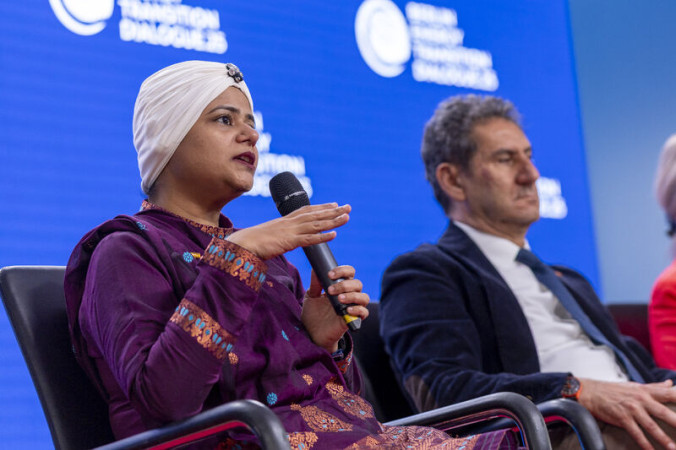
Follow India Renewable Energy News on WhatsApp for exclusive updates on clean energy news and insights
Global Energy Transition: Why Collaboration is the Key to a Sustainable Future
Apr 05, 2025
The shift to clean, sustainable energy isn’t just a question of technology—it’s a global human effort. Achieving universal access to renewable energy calls for more than innovation; it demands collective action, global cooperation, and the removal of social and economic barriers.
No country or organization can tackle the energy transition alone. Collaboration matters because it brings together shared knowledge, resources, and experience. From co-developing clean technologies to creating unified global policies, working together can accelerate the progress we urgently need to fight climate change.
However, there are major barriers to this collaboration:
- Unequal access to technology and resources puts developing nations at a disadvantage.
- Policy mismatches between countries make it hard to align on common strategies.
- Economic divides prevent many emerging economies from investing in clean energy at the needed scale.
Efforts to overcome these barriers are already underway:
- The International Solar Alliance (ISA) brings together over 120 countries to promote solar energy, focusing on support for developing nations.
- The Green Strategic Partnership between India and Denmark combines Denmark’s green technology strengths with India’s large-scale renewable goals.
- IRENA’s Global Renewables Outlook offers insights and frameworks to guide policy, share best practices, and support data-driven decision-making globally.
These examples prove that when nations pool their expertise and align their ambitions, the transition to clean energy becomes faster, fairer, and more impactful.
Ultimately, the global energy transition is not just a race for new technologies—it’s a shared mission for a just, inclusive, and sustainable future.